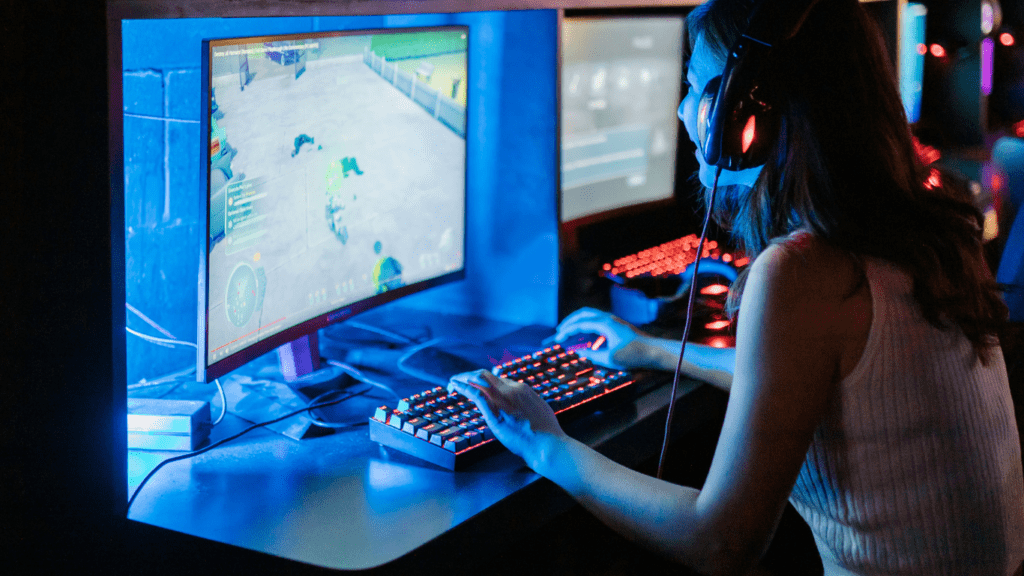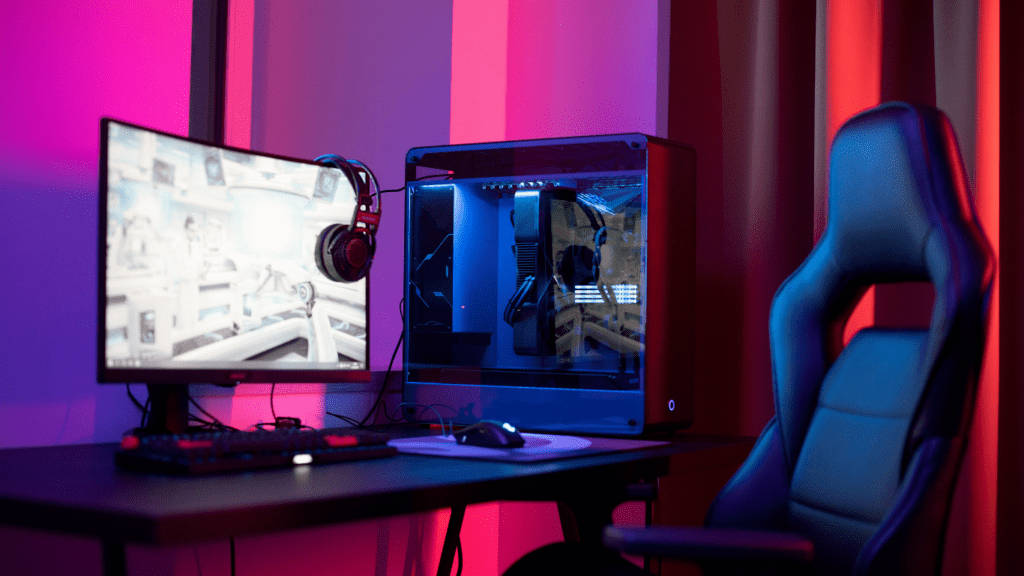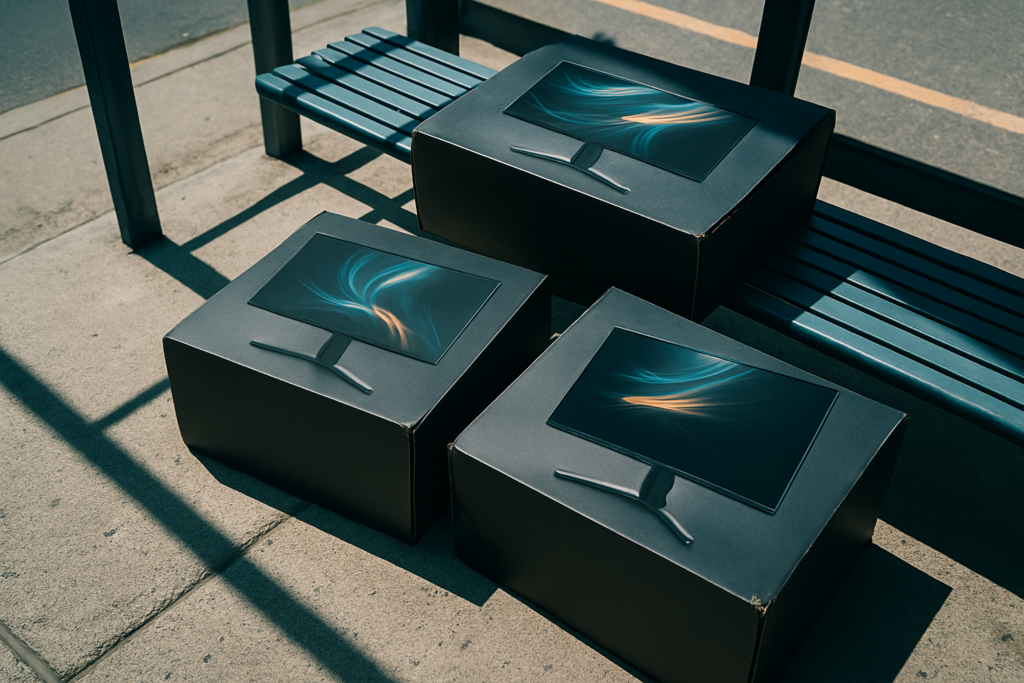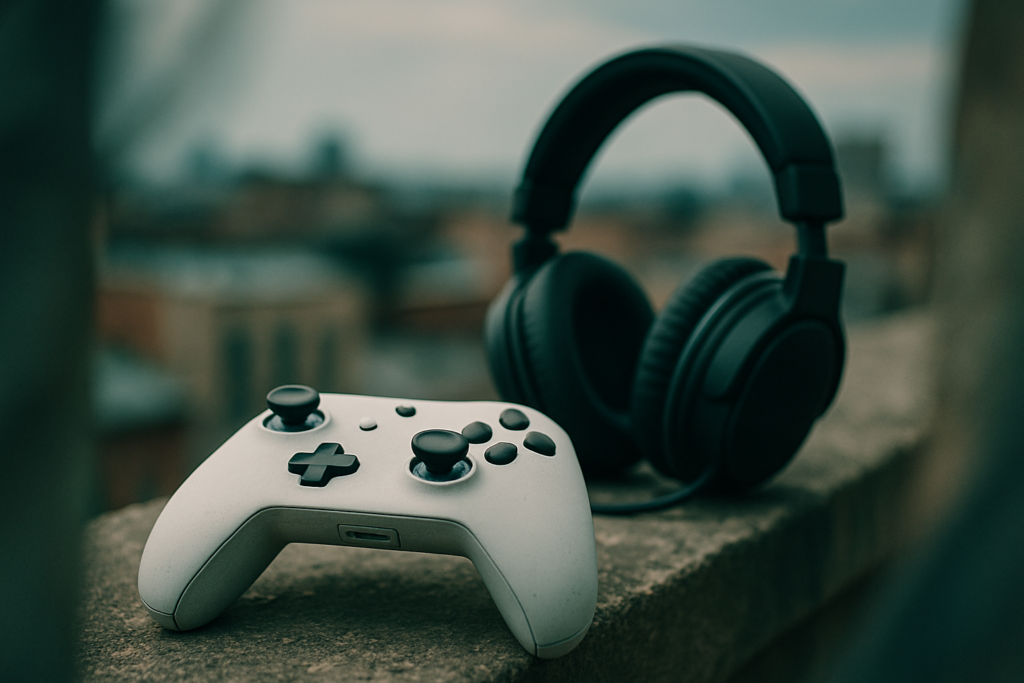The Evolution of Gaming PCs
From Past to Present
Gaming PCs have come a long way since their inception.
Early models struggled with limited processing power and basic graphics capabilities. In the 1990s, PCs began featuring dedicated graphics cards, which was a game-changer.
By the early 2000s, multi-core processors became standard, allowing for improved multitasking and better game performance.
Modern-day gaming PCs now boast high-speed SSDs, VR-ready GPUs, and advanced cooling solutions, making them more powerful than ever before.
Key Changes in the Last Decade
The last ten years have seen significant advancements in gaming PCs. Here are the most impactful changes:
- Graphics Cards:
- The introduction of NVIDIA’s RTX series and AMD’s RX 6000 series revolutionized graphics rendering by incorporating real-time ray tracing and AI-based features. This change enabled more lifelike visuals and improved performance.
- Processors:
- AMD’s Ryzen and Intel’s latest Core series brought multiple cores and threads to mainstream gaming, allowing for better multi-tasking and performance in multi-threaded games.
- Storage Solutions:
- NVMe SSDs replaced traditional HDDs as the new standard for storage, significantly reducing load times and enhancing overall system responsiveness.
- Cooling Technologies:
- Liquid cooling and advanced air-cooling systems became more prevalent, allowing for higher performance under sustained loads without overheating.
These innovations not only enhanced gaming performance but also paved the way for more immersive and responsive gaming experiences.
Breakthrough Technologies in Gaming PCs

New GPU Technologies
NVIDIA’s and AMD’s latest GPUs, including NVIDIA’s RTX 4090 and AMD’s RX 7900 XTX, have introduced significant advancements in graphics rendering.
These GPUs utilize ray tracing and AI-enhanced graphics to deliver lifelike visuals and smoother frame rates.
NVIDIA’s DLSS (Deep Learning Super Sampling) and AMD’s FSR FidelityFX Super Resolution further boost performance by using AI to upscale lower-resolution images, conserving system resources while maintaining image quality.
These technologies enable gamers to experience higher resolutions and settings without sacrificing performance.
Advancements in CPU Performance
Modern CPUs like AMD’s Ryzen 9 7950X and Intel’s Core i9-13900K lead the charge in computing power for gaming PCs.
These processors offer higher clock speeds, more cores, and advanced architectures.
The increased core count and multi-threading capabilities improve multitasking and game performance.
Technologies like:
- AMD’s 3D V-Cache
- Intel’s Thread
Director optimize resource allocation for smoother gameplay and faster load times.
Enhanced cache sizes and efficient energy management contribute to maintaining high performance throughout intense gaming sessions.
Revolutionary Cooling Systems
Cooling systems have evolved to handle the increased heat output from powerful CPUs and GPUs.
Liquid cooling solutions, including custom loop systems and all-in-one (AIO) coolers, offer superior heat dissipation compared to traditional air cooling.
Innovations like ASUS’ ROG Ryuo III and Corsair’s Hydro Series leverage advanced pumps and larger radiators to ensure optimal thermal performance.
Meanwhile, air coolers like Noctua’s NH-D15 provide efficient and quiet cooling with enhanced heat pipe designs and superior fan technology.
These advancements help maintain stable temperatures, minimizing thermal throttling and ensuring consistent performance.
Impact of Gaming PC Innovations on Gameplay
Enhancing Graphics Quality
Advancements in GPU technology, such as NVIDIA’s RTX series and AMD’s RX 6000 series, have revolutionized graphics rendering.
These innovations deliver real-time ray tracing and AI-enhanced graphics, creating more realistic and immersive visuals.
For instance, games like:
- Cyberpunk 2077
- Control
Showcase how enhanced lighting and shadow effects can transform the gaming experience.
High-resolution textures and improved anti-aliasing techniques further enhance the visual fidelity, making each frame look as lifelike as possible.
Reducing Load Times
The move to NVMe SSDs has dramatically reduced load times, providing almost instantaneous game start-ups and quicker scene transitions.
In my experience, load times in games like:
- Red Dead Redemption 2
- The Witcher 3
Have shrunk from minutes to mere seconds.
This efficiency is especially critical in open-world games where constant loading of new areas occurs.
Developers are now optimizing games to take full advantage of SSD speeds, ensuring a smoother and more seamless gameplay experience.
Improving Overall Gaming Experience
Innovations in CPUs, like AMD’s Ryzen 9 7950X and Intel’s Core i9-13900K, offer higher clock speeds and advanced architectures, significantly enhancing multitasking and gaming performance.
This improvement means smoother gameplay in demanding titles and the ability to stream or run background applications without performance dips.
Advanced cooling technologies, including liquid cooling solutions and high-efficiency air coolers, maintain optimal thermal performance, ensuring stable temperatures even during long gaming sessions.
These advancements collectively contribute to a more immersive, responsive, and enjoyable gaming experience, keeping me engaged and focused on the game.
Top Gaming PCs on the Market Today
High-End Options
Choosing the right gaming PC depends on desired performance. For those seeking top-tier machines, several high-end options provide unmatched power and speed.
The Alienware Aurora R14, featuring the AMD Ryzen 9 5950X and NVIDIA GeForce RTX 3090, offers exceptional graphics rendering and multitasking capabilities.
Another powerful contender is the ASUS ROG Strix GA35DX, equipped with the AMD Ryzen 9 5900X and NVIDIA GeForce RTX 3080, which delivers smooth gameplay even at 4K resolutions.
The Corsair One i300, featuring the Intel Core i9-12900K and NVIDIA GeForce RTX 3080 Ti, balances aesthetics with performance, making it an ideal choice for serious gamers.
Budget-Friendly Choices
Not every gamer needs the highest-end equipment to enjoy a great experience. Several budget-friendly choices still offer impressive performance without breaking the bank.
The Acer Predator Helios 300, featuring the Intel Core i7-12700H and NVIDIA GeForce RTX 3060, provides solid 1080p gaming with good frame rates.
The HP Pavilion Gaming Desktop, with the AMD Ryzen 5 3600 and NVIDIA GeForce GTX 1660 Super, delivers a cost-effective yet capable gaming experience.
The Dell G5 Gaming Desktop, featuring the Intel Core i5-10400F and NVIDIA GeForce GTX 1660 Ti, offers reliable performance for popular titles without sacrificing too much on graphics quality.
High-end and budget-friendly choices ensure there’s a gaming PC for every type of player, catering to different performance needs and financial constraints.


 Darcy Cazaly is a key contributor at Infinity Game Saga, where he brings his expertise to the world of gaming journalism. As a dedicated member of the team, Darcy focuses on delivering in-depth articles and insightful analyses that cover a broad range of topics within the gaming industry. His work includes exploring the latest trends, dissecting game mechanics, and providing thorough reviews of new releases.
Darcy's commitment to high-quality content ensures that readers receive accurate and engaging information about the evolving gaming landscape. His writing not only informs but also enriches the gaming experience for the community, offering valuable perspectives and up-to-date news. Through his contributions, Darcy helps bridge the gap between gamers and the dynamic world of gaming technology and trends, making him an essential part of the Infinity Game Saga team.
Darcy Cazaly is a key contributor at Infinity Game Saga, where he brings his expertise to the world of gaming journalism. As a dedicated member of the team, Darcy focuses on delivering in-depth articles and insightful analyses that cover a broad range of topics within the gaming industry. His work includes exploring the latest trends, dissecting game mechanics, and providing thorough reviews of new releases.
Darcy's commitment to high-quality content ensures that readers receive accurate and engaging information about the evolving gaming landscape. His writing not only informs but also enriches the gaming experience for the community, offering valuable perspectives and up-to-date news. Through his contributions, Darcy helps bridge the gap between gamers and the dynamic world of gaming technology and trends, making him an essential part of the Infinity Game Saga team.
